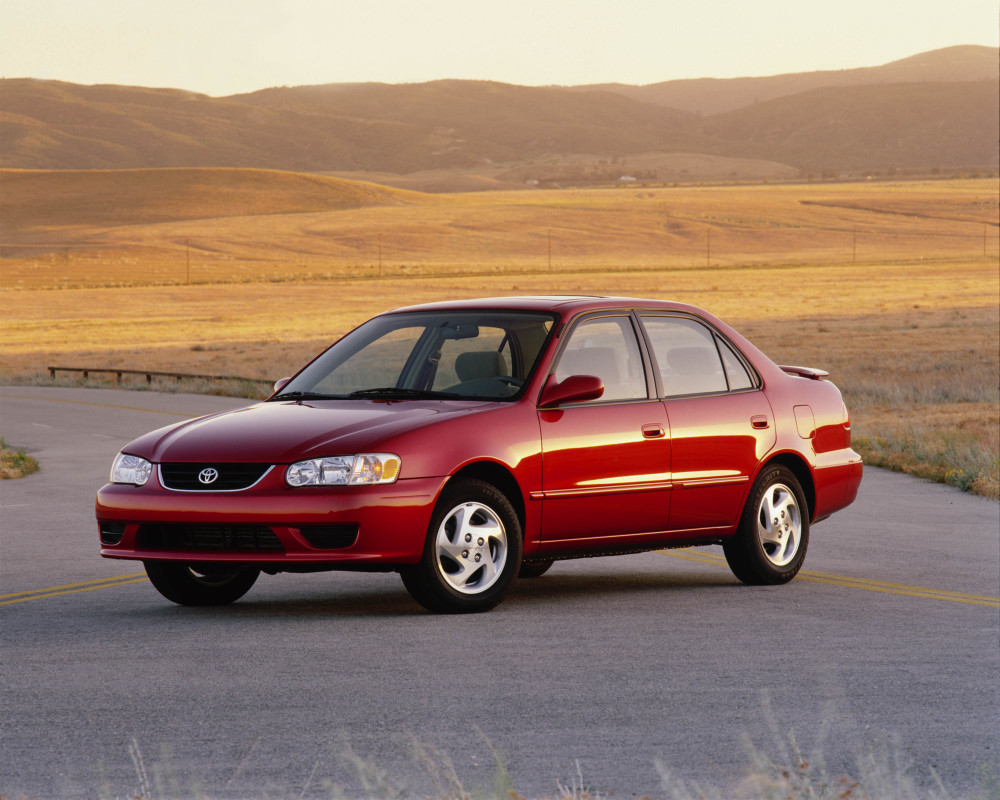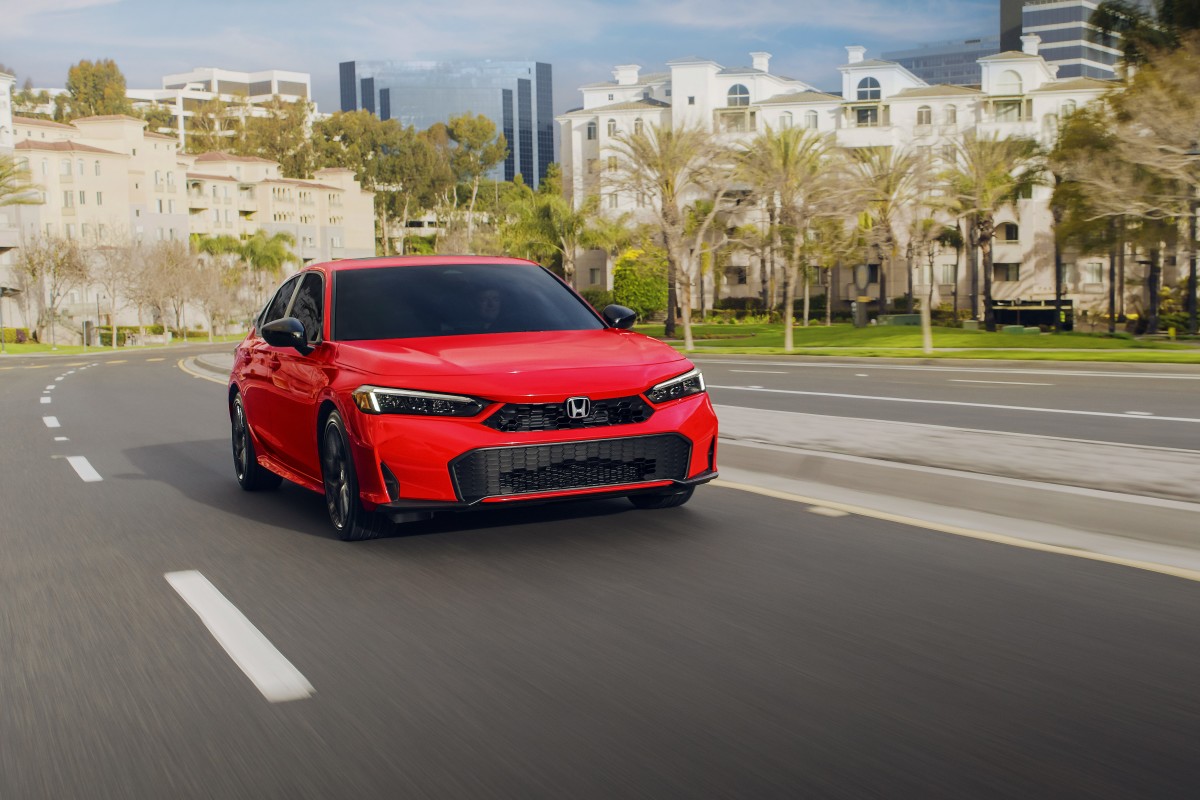The Changing Landscape of Car Ownership

Let’s talk about something that’s been brewing in the auto industry for a while. A recent study by American Trucks highlights a growing trend: nearly 40 percent of folks out there can’t afford to buy a new car, so they’re sticking with what they’ve got until the wheels quite literally fall off. It’s interesting, especially when looking at Tesla owners, who seem to swap their cars sooner than expected. Many folks end up regretting the purchase, hitting the road in something else sooner than anticipated.
Why Keep the Car?

There’s comfort in familiarity. About 63 percent of car owners keep their vehicles because they don’t have to worry about monthly payments. High-interest rates aren’t encouraging new purchases, either. The reliability factor plays a huge role here, with 53 percent of people holding onto their cars because they trust them to get from point A to point B without hassle. Further, about 40% are just satisfied with how comfortable and convenient their current ride is.
It’s no secret that new cars are getting pricier. Over the past decade, costs have jumped by 62 percent—far outpacing inflation. Electric vehicles are notably still more expensive than their internal combustion engine counterparts, making the switch to electrification a challenging leap for many.
When considering keeping a car long-term, factors like low maintenance costs, decent fuel efficiency, and brand reputation are critical. A whopping 73 percent of Americans intend to keep their vehicles until they’re essentially out of commission. Chevy, Nissan, and Ford enthusiasts, in particular, seem quite determined to stick with their tried-and-true models for as long as possible.
Brand Loyalty and Longevity
Honda owners lead the pack, holding on to their cars for an average of 7.3 years. Ford and Toyota aren’t far behind, with most owners keeping their vehicles for 6.5 and 6.4 years, respectively. Hyundai owners typically retain their vehicles for around 6.2 years, while Chevy and Volkswagen hover at 5.9 years.
Nissan, Subaru, and Kia owners keep their vehicles for slightly over five years, whereas for BMW owners, the new car itch hits around 4.6 years. Interestingly, Tesla owners only hang onto their cars for about 3.2 years, the shortest period among major brands in this study.
On average, internal combustion engine vehicle owners drive their cars for about 6.4 years. In contrast, hybrid owners start looking for something new after 4.5 years. EV owners, influenced heavily by Tesla’s short ownership duration, usually switch out after 3.1 years.
The Road Ahead
The car buying landscape is undoubtedly being reshaped by soaring prices, high-interest rates, and economic uncertainty. While carmakers are pushing the boundaries of innovation, consumers aren’t biting as quickly. With electrification, anticipation for explosive growth hasn’t quite played out as expected. Though there is still a projected bump in sales, predictions from Morningstar suggest we’re looking at modest, single-digit increases rather than the rapid, double-digit growth some had hoped for.
RUF Rt12 Rarity
Toyota Faces Tariff Woes
EV Rivals Surge
Ford Parts Theft Bust
Lamborghini Legend